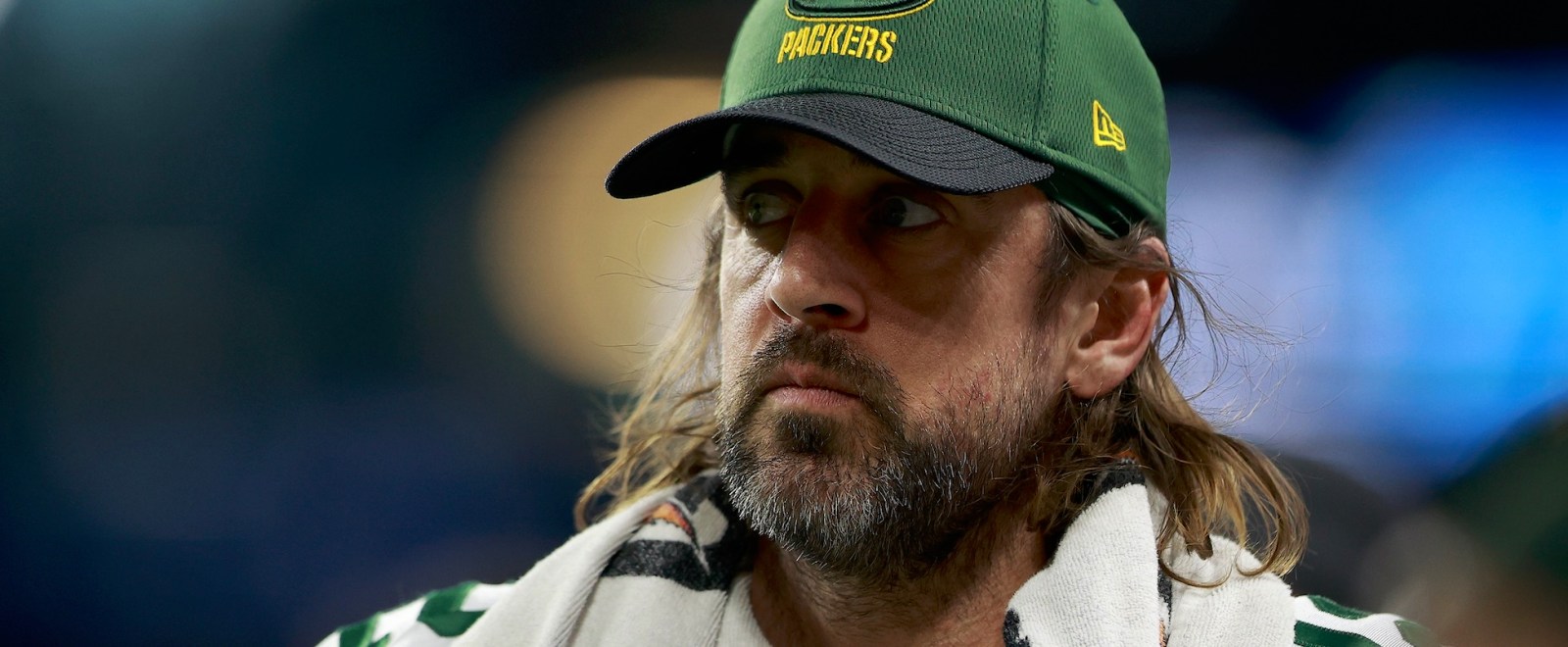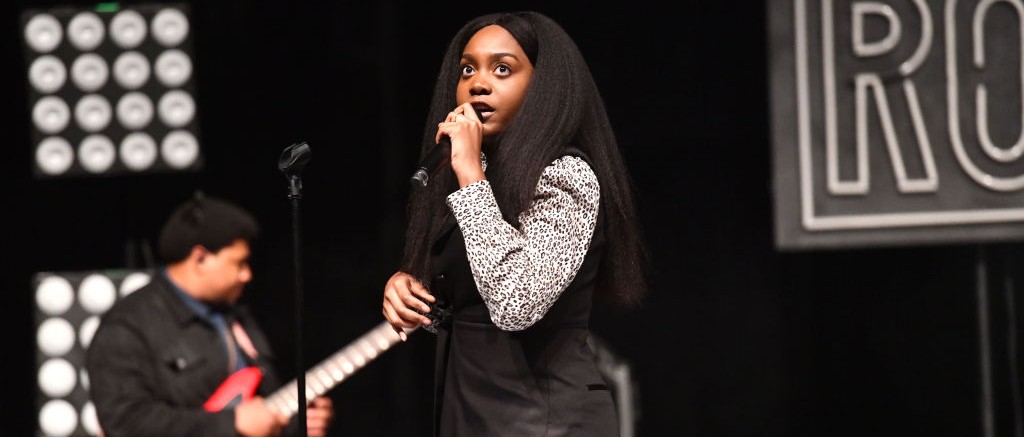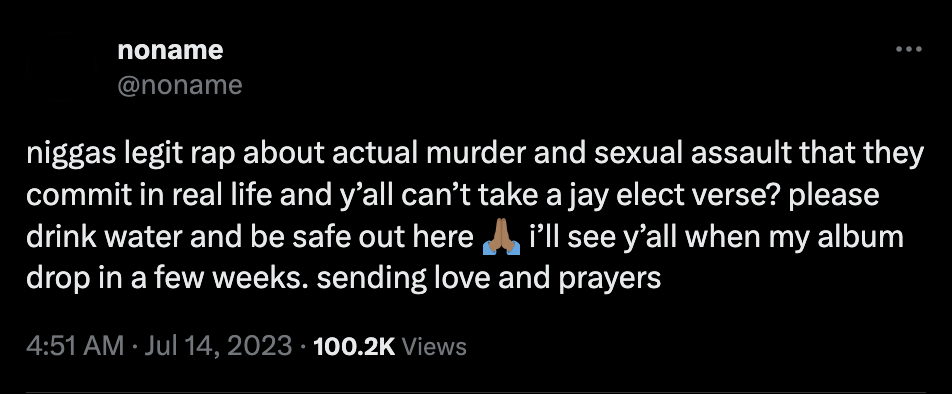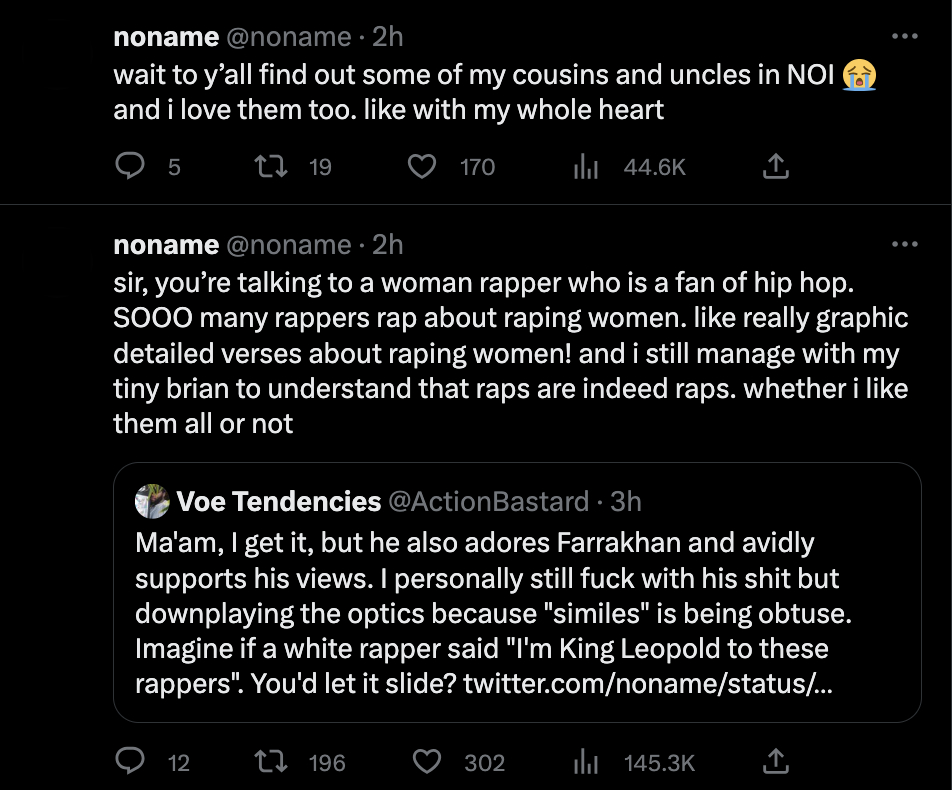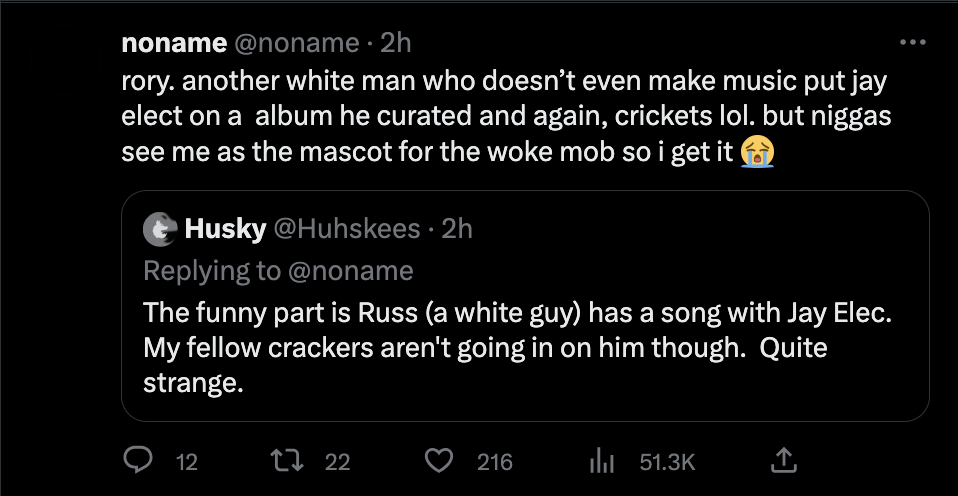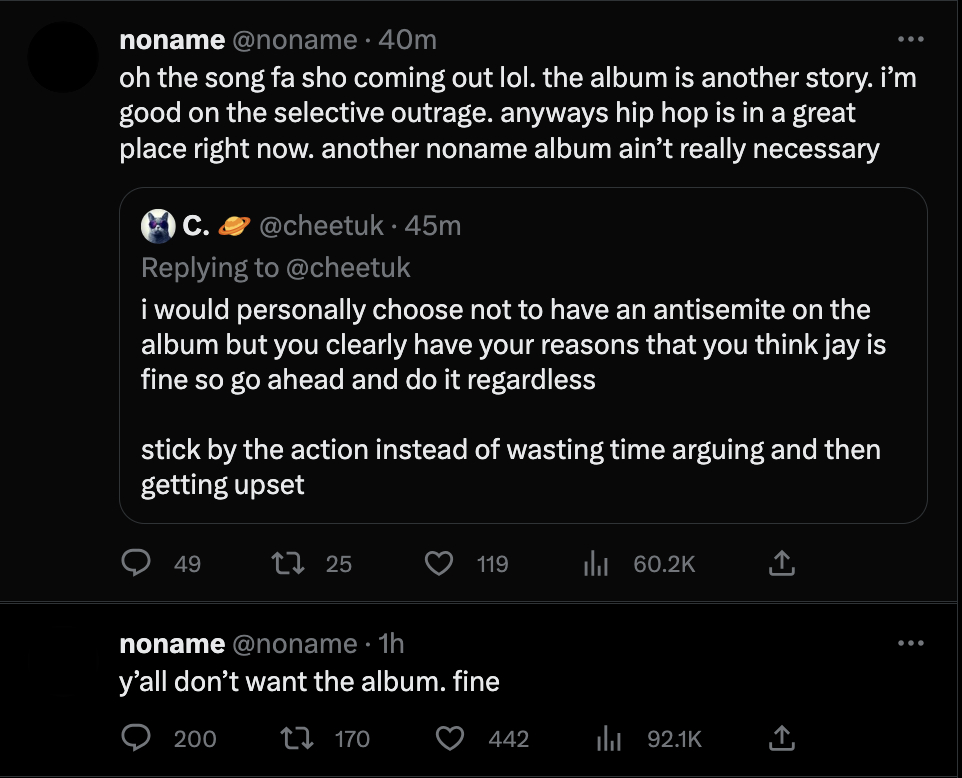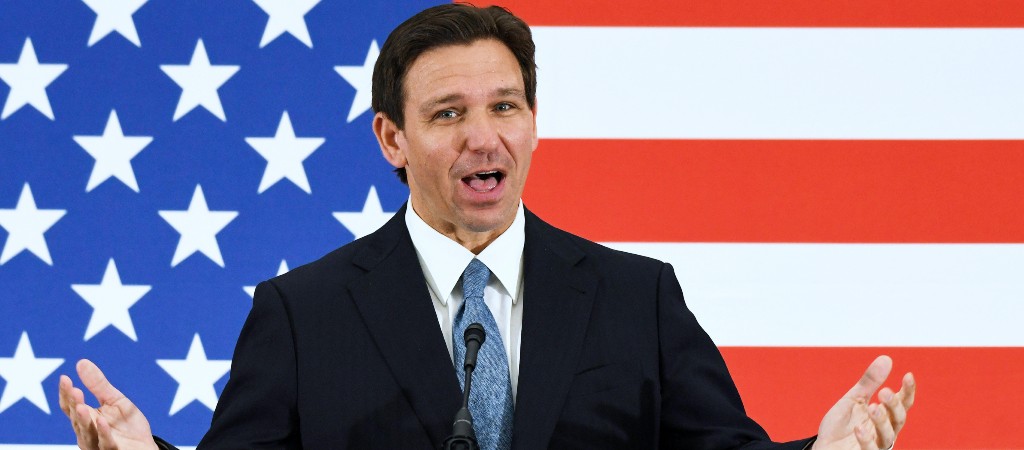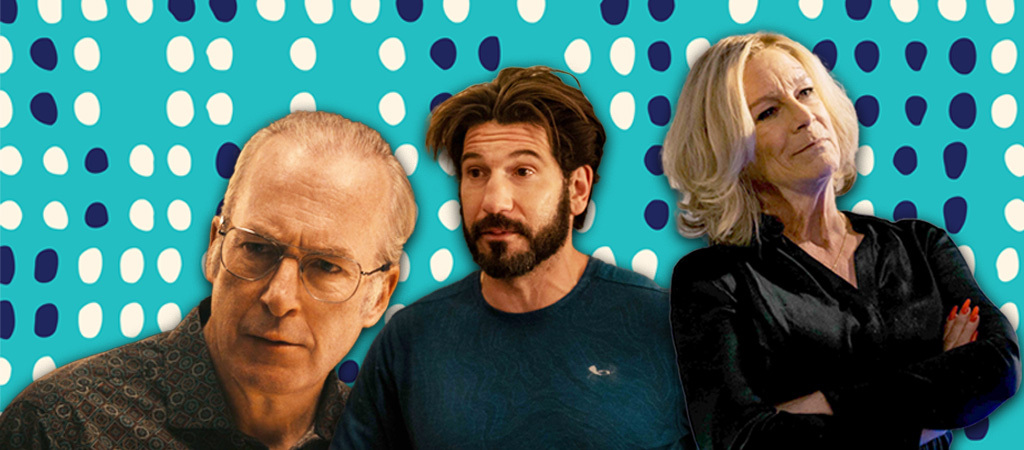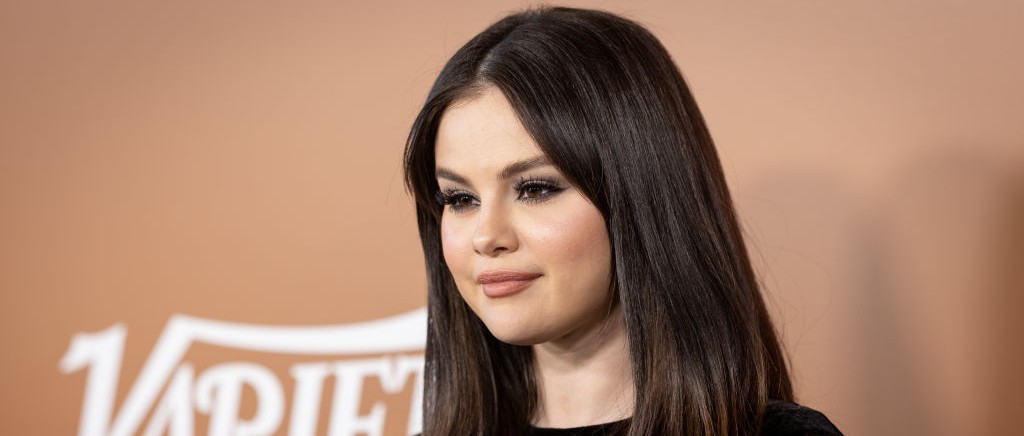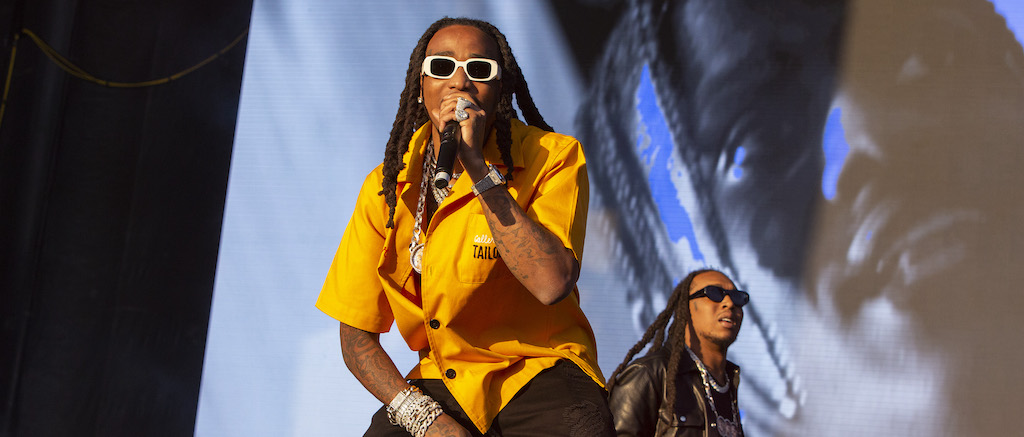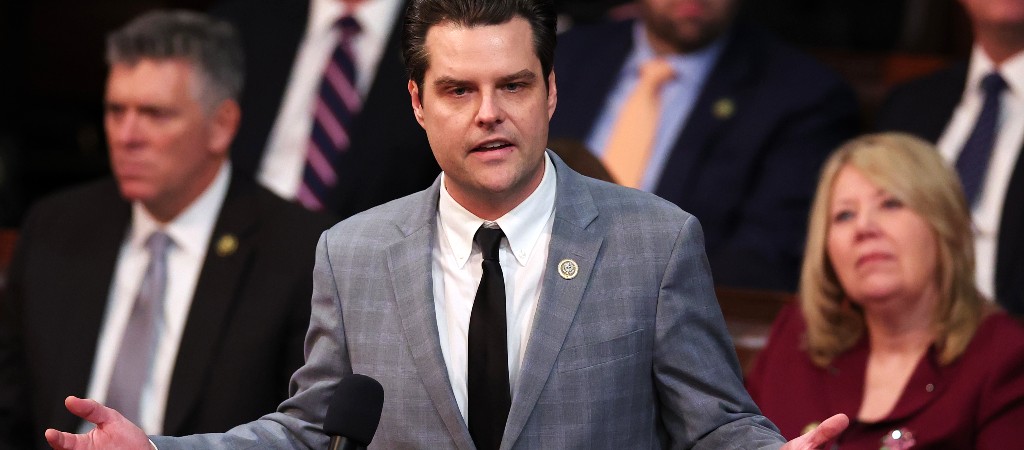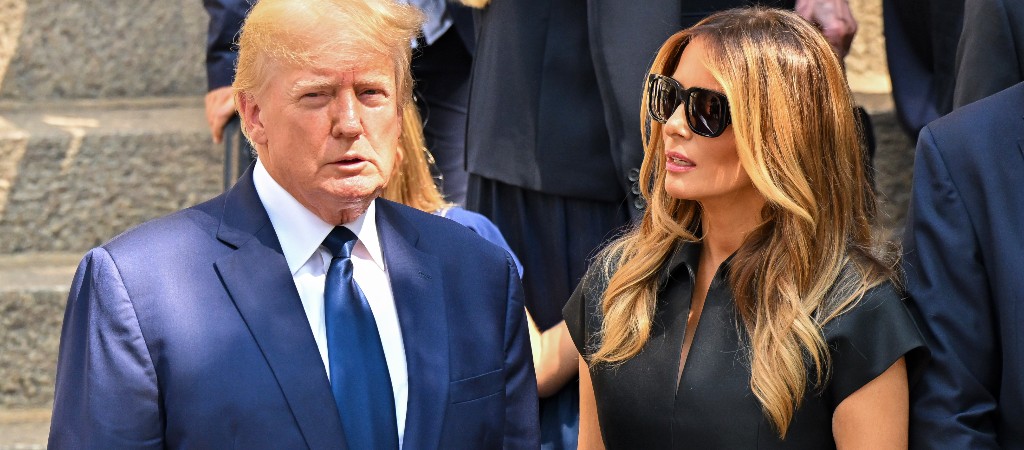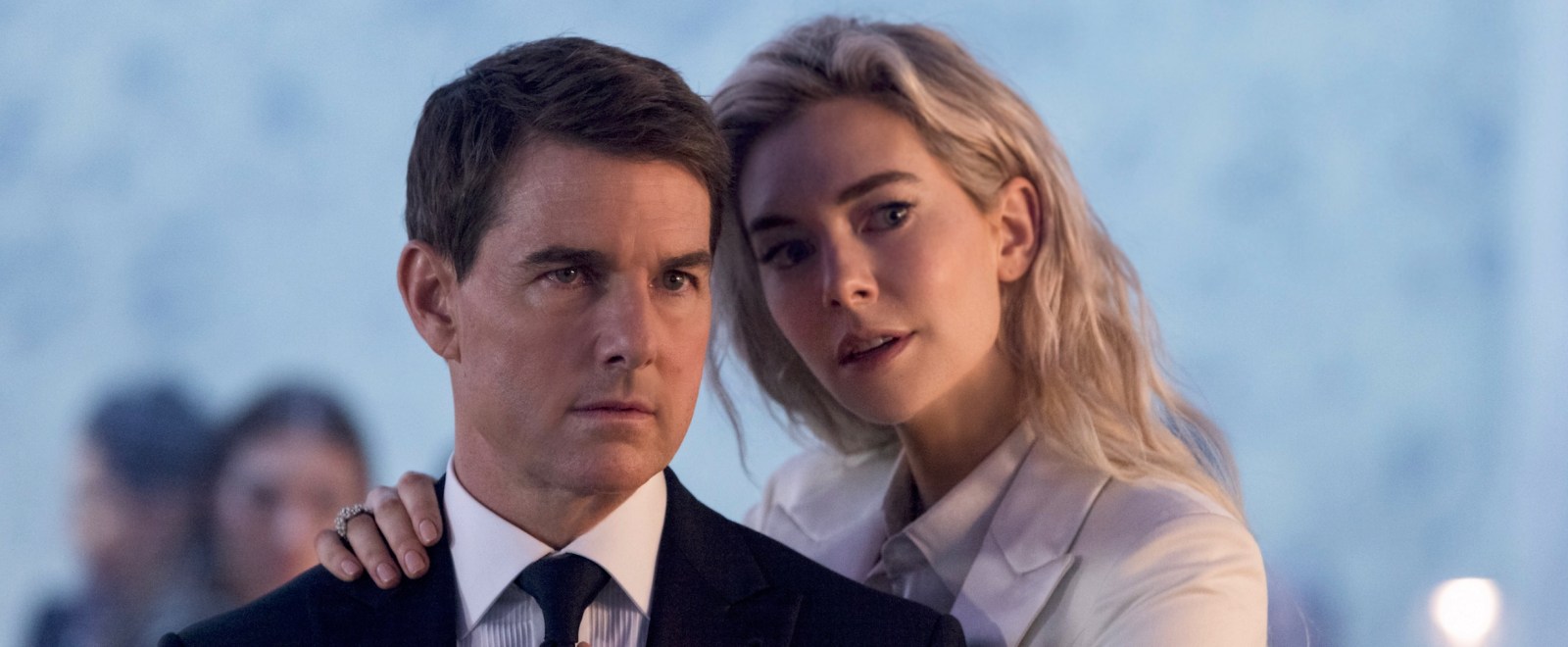Watching the first season of FX’s The Bear felt a bit like being a frog in a pot of boiling water. Everything was contained claustrophobia, scalding insults, and rising tensions — the sense that you might die from the anxiety of waiting for a piccata sauce to break or a ticket machine to fire off yet another order. You were constantly stuck in the chaos, hoping someone would dial the knob back so you could breathe. It’s what made the show’s first pass so great, and what makes its season two follow-up – which completely breaks away from that formula – even better.
The Bear’s return has been lauded for its choice to escape its back-of-house turmoil, sending its chefs on culinary walkabouts to search for palate inspiration while opening up its central story with new additions and guest stars that flesh out the Berzatto clan at the center of this dramatic grease trap. To do that, the show’s casting department – led by Jeanie Bacharach – had to embrace yet another food metaphor, finding a way to “add to this amazing dish” without “throwing off the flavors.”
“How are you looking to add? How are you looking to contrast? How do we make these characters distinct from the people we already have on the show?” Bacharach says while breaking down season two’s many guest stars. “Then there’s the added pressure of, ‘I don’t want to throw anything off.’ It can all go south.”
It didn’t, of course. The show’s second season is a smorgasbord of A-list talent given free rein to embrace their wildest, shoutiest, most dysfunctional selves with everyone from Bob Odenkirk and Jamie Lee Curtis to Jon Bernthal, Sarah Paulson, Gillian Jacobs, Olivia Colman, Will Poulter, and John Mulaney serving memorable performances.
Ahead, Uproxx chats with Bacharach about casting that nerve-shredding family dinner, who begged to be on the show, and avoiding the Friends guest star trap.
The show had so many guest roles to fill this season. How did you decide which characters needed lesser-known versus well-known actors?
A lot of times with casting, you are looking to tell part of the story just in the person that you’re casting in the role. Someone like Bob Odenkirk … for the character of Uncle Lee you needed someone who was going to be a bit of an a-hole, argumentative, but that you also have to, on some level, care for and understand. There has to be gravitas, there has to be depth. You see Bob and you’re like, ‘Okay.’ You’re already in the character with him. And then he gets to, of course, do his magic and take it from there.
With Jamie Lee too … Donna, you’ve heard so much about Donna and you’ve heard so much about the family dynamics that you are shortcutting a little bit in your casting. What’s so great about our show too is they just drop you in. I love that there isn’t over-explanation. So again, casting has to do some of that work for the audience.
How many of season two’s casting choices came from you and how many came from showrunner Christopher Storer just reaching out to friends?
It’s very much a give-and-take. Chris has a lot of people that he knows and Molly Gordon was somebody that he kind of had in his head from the get-go for the role of Claire. I think knowing both Molly as an actress, and Molly as a person, is why she made so much sense. You really had to believe that she came from Carmy’s world, and that’s not true for everybody. And then both the warmth and being able to call Carmy on his stuff and still be likable. I mean, that sense of humor is walking a fine line. So he nailed it with Molly. I threw out Bob Odenkirk and Chris and Jo [co-showrunner Joanna Calo] were like, ‘Oh my God, done.’ And then it’s like, you got to make it happen.
And how do you pitch playing a total asshole for just one episode to someone like Bob Odenkirk?
[laughs] We didn’t lead with the A-word. We are so fortunate in that people said yes because they so loved the show. But it’s hard with one episode. We had this with Jon Bernthal in the first season, with the role of Michael. We hadn’t aired yet, so people didn’t know about the show. Jon was somebody from the beginning that we all loved for the part, but it was like, ‘It’s one scene.’ He was shooting a series at the time. So when we initially approached him, it just wasn’t even possible because of his schedule. We explored a whole bunch of other people. We had people read. We talked about other people we could make an offer to, and we just kept coming back to Jon. It was Ebon’s [Moss-Bachrach] relationship with him, having worked with Jon before, where he was like, ‘You know what? Let me just call him and see if I can hook him.’ That’s a case where a lot of people said no, because there just wasn’t that much to the part, but we knew it was so important to land that role. Because Mikey has very little screen time, but he is so present in the show.
So I think that it meant a lot that Bob Odenkirk and Sarah Paulson and John Mulaney and Gillian Jacobs said yes to one episode. You just don’t get that. It wasn’t about money, it was getting to come play in this sandbox. I guess it’s a long way of saying when people say yes, it’s because they’re coming for the right reason. It’s about wanting to come and be a part of this world and these characters.
Is there anyone that came to you, asking to be on the show?
When we went to Jamie Lee, again, it was like, ‘The woman is about to win an Oscar.’ We were like, ‘You’re like fantasy.’ And then it turned out she was a huge fan of the show. Olivia Colman, same thing. It was like, ‘Sure. Why not? Let’s ask Olivia. Let’s just get it done then we’ll be able to move on.’ And both her agent and her, just enormous fans of the show. But Will Poulter was somebody who had reached out to Chris after season one. Will playing Luca, that came about from Chris and Will meeting and talking.
There was a lot of secrecy around the cameos this season. Why?
I think the hope was to keep it all under wraps just to let it unfold, because episode six especially, it’s such a heightened episode and a flashback. All these characters are so larger than life. But Chris loves the surprise. He likes to make noise. And with all the expectation and pressure of the second season, the casting, it wasn’t about, ‘We can get famous people, let’s get famous people,’ it was, ‘How do we serve these characters?’ We didn’t ever want it to feel like Friends casting, which again, no [disrespect], but at a certain point that just became a parade of famous people. And it is the danger, especially in a world like this, that you don’t want to tip it into a parade of stars.
Is there someone that surprised you with how easily they just slid in and seemed like they had been there from the beginning?
Molly, for sure. Jamie Lee was beyond prepped. But everyone brought their A-game. We have a no a-hole policy on the show but no one was trying to steal the spotlight. And what can happen with comedy people is you just get into that, it’s not even on purpose, but you’re just riffing off each other and it can really sort of go off the deep end.
But within a couple of days of shooting episode six, Chris just called and said it was unbelievable. They all were there to serve the piece and each other. I thought Sarah was such an interesting choice to drop into that world. Again, you’re like, ‘Oh, she’s the one who got out.’ That’s that sort of shortcutting, a little bit of like, ‘Oh yeah, yeah, she’s definitely a little bit of the outsider here.’ And then the fact that Mulaney is her partner. And I love that he’s an outsider in a different way than Chris Witaske, who plays Pete. Your heart goes out to both of these men who found themselves in the midst of this insane, dysfunctional family.
Olivia Colman isn’t in episode six, but her character plays such a pivotal role in Richie’s turning point this season. What about her as an actor made her a fit for that moment?
She just brings such weight and authenticity to everything that she does. That class and intelligence, all of that was going to be important. There’s the elegance and the stillness, which is so much of what Richie is learning, but not having to try hard at it. I think we talked about how you had to believe this woman had lived this experience. She was a survivor. She had made a choice to run her restaurant in a certain way, and that was passed on to everybody. But again, from a place of respect, not control, not the Joel McHale model. And just a warmth, again, without being gooey, because that’s the danger, to tip into the saccharine, like, ‘Oh, here’s the big moment.’ She can do it with such dignity and grace, again, that whoever we cast in that role, that was going to be what was so important, and that it would be someone that Richie could hear.
